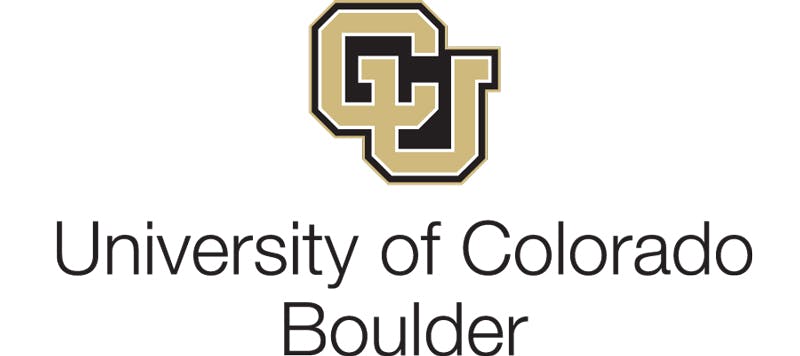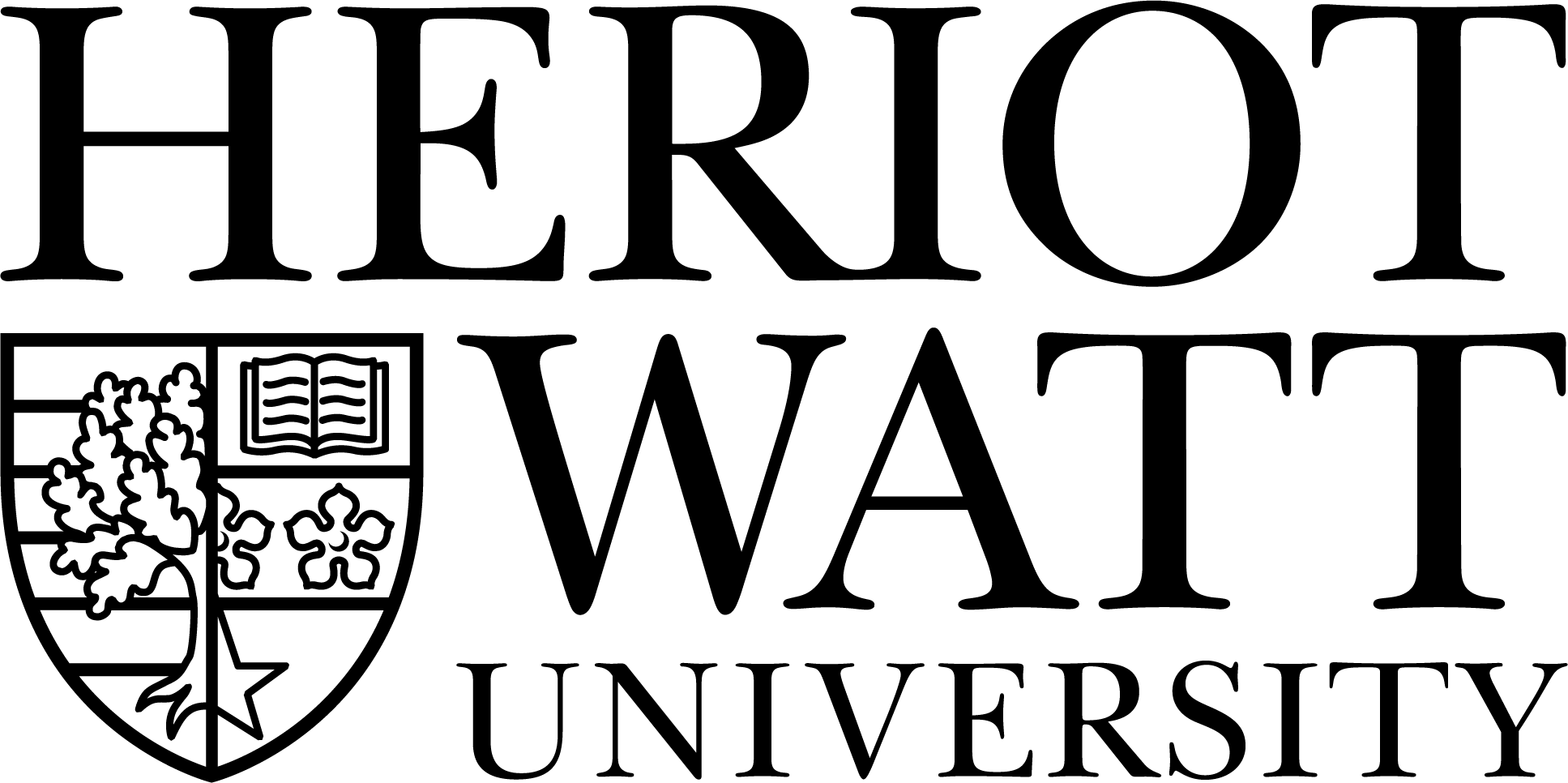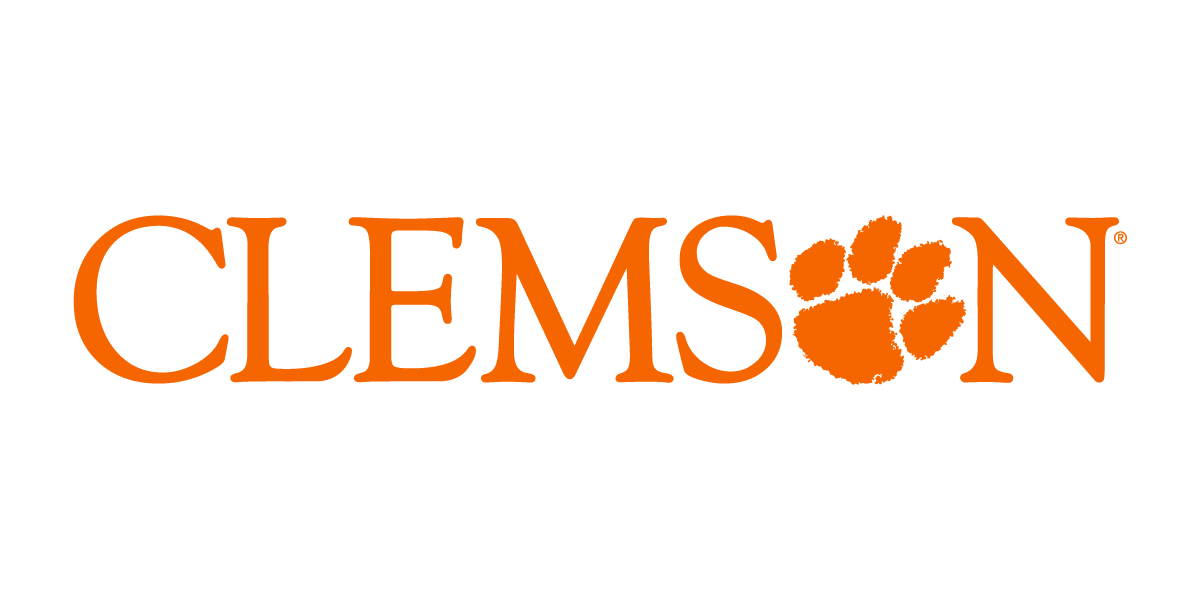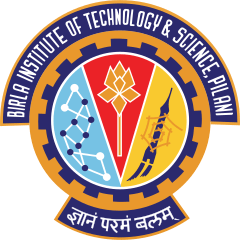Find the right degree for you
Filter by
University of Colorado Boulder
Northeastern University
Northeastern University
University of Colorado Boulder
Dartmouth College
University of Colorado Boulder
Heriot-Watt University
Northeastern University
Why pursue a tech degree?
Technology is shaping the future, driving innovation across industries and creating new opportunities for those with the right skills. A bachelor’s degree in computer science or a master’s degree in computer science or information technology equips you with the expertise to solve complex problems, build groundbreaking solutions, and contribute to a rapidly evolving digital world. Whether you're passionate about artificial intelligence, cybersecurity, or software development, earning a degree in this field can open doors to high-impact careers and give you the tools to shape the future.
Learn more about why computer science is considered a good major and what you can do with your degree after graduating.
Advance your career
The US Bureau of Labor Statistics (BLS) reports the median annual salary of computer scientists as $136,620, with a range of $78,190 for the lowest 10 percent of wage earners and more than $232,000 for the highest 10 percent. According to Glassdoor, the average base salary for a computer scientist in the US is $151,508, with a range of $93,000 to $170,000 as of March 2024.
Watch & Learn: Webinar Recordings
Benefits of getting a tech degree on Coursera
Flexible learning tailored to tech professionals
Learn at your own pace while balancing work and personal commitments. Coursera’s online tech degree programs are designed to give you control over your schedule so you can advance your education without putting your career on hold.
Access to cutting-edge curriculum from leading institutions
Study courses developed by top universities and industry leaders, ensuring you gain the most up-to-date knowledge and skills relevant to the modern tech landscape. Learn from expert faculty and professionals who are at the forefront of technological innovation.
Hands-on projects and real-world applications
Engage in practical assignments that mirror real-world tech challenges. Whether you're building applications, analyzing data, or developing AI models, you'll gain hands-on experience that will prepare you for the workforce and help you build a strong portfolio.
Global tech community and networking opportunities
Connect with a diverse global network of learners, educators, and industry professionals. Build relationships that can lead to mentorship, collaboration, and job opportunities in the tech sector.
Register for degree program webinars
Join an upcoming webinar to gain valuable insights from university enrollment representatives, instructors, and faculty.
February
25
11:00 AM EST

Bachelor of Science in Computer Science
Bachelor’s Degrees from Top Universities: Admissions Insights & Learner StoriesFebruary
25
11:00 AM EST

Bachelor of Science in Computer Science
Bachelor’s Degrees from Top Universities: Admissions Insights & Learner StoriesFebruary
25
11:00 AM EST

Bachelor of Information Technology
Bachelor’s Degrees from Top Universities: Admissions Insights & Learner StoriesLearn more about online computer science degrees on Coursera
Build toward a degree with your learning on Coursera
With flexible degree pathways, you can earn industry relevant certificates, build in-demand skills, and make progress toward your degree. Pre-approved credits from select programs may count toward degree requirements, helping you accelerate your education.
Illinois Tech
Ball State University
University of London
Earn your spot — no application required
With Performance-Based Admissions, your work speaks for itself. Simply complete required courses, prove your readiness with strong grades, and gain admission to the full degree program — no application, no test scores.
University of Colorado Boulder
Northeastern University
Clemson University
Engineering degrees that power your future
Advance your career with hands-on programs that blend technical excellence with leadership skills. Tackle real-world challenges, master cutting-edge technologies, and position yourself for top engineering roles, all through a flexible online format.
Northeastern University
Dartmouth College
Universidad de los Andes
Affordable tuition with flexible payment options
Invest in your future with a degree that fits your budget. Enjoy affordable tuition, flexible payment plans that let you pay as you go, and access to financial aid opportunities, including scholarships.
Heriot-Watt University
University of London
University of Illinois Urbana-Champaign
Launch your tech career with a future-ready bachelor’s degree
Build the skills for a career in IT or computer science with an accredited online bachelor’s degree. Gain hands-on experience in programming, cybersecurity, and data science while balancing your studies with work and life, all at a pace that works for you.
Illinois Tech
University of London
Birla Institute of Technology & Science, Pilani
What do computer science students have to say?
Find helpful articles related to computer science degrees
Learn how to enter the computer science industry with or without prior experience.
Explore nine of the highest-paying computer science jobs in the US, including their earning potential, job outlook, responsibilities, and requirements to get started.
Learn about skills, education, salary, and how to take your first steps toward a career in computer programming.
Software engineers design and create computer systems and applications to solve real-world problems.
Frequently asked questions
A bachelor's degree in computer science or IT provides a strong foundation in programming, algorithms, systems design, and more. It’s ideal for learners looking to break into the tech industry, develop a broad technical skill set, and gain real-world experience through hands-on projects, all of which can lead to high-paying entry-level jobs. Learn more about whether computer science is a good major.
Some bachelor's degrees on Coursera also allow you to tailor your learning experience. The University of London’s Bachelor’s degree in Computer Science allows learners to choose one of seven specializations, such as AI, game development, or virtual reality, enabling them to focus on the area that best aligns with their career goals.
A master's degree in computer science or IT is ideal for professionals looking to deepen their expertise and specialize in advanced fields like artificial intelligence, cybersecurity, or data science. This path is well-suited for those aiming to transition into leadership roles or increase their earning potential. By refining your skills and knowledge, a master’s degree can help you stand out in a competitive job market and position you for long-term career success.
Learn more about whether a master’s in computer science is worth it and the types of salaries you may be able to command with the degree.
On Coursera, you’ll find online computer science degrees at both bachelor’s and master's level. To figure out which one might be best for you, it helps to first understand why you want to earn a degree and what you hope to get out of your education.
Beyond your larger goals, consider what you’ll learn and how you’ll learn it, as those factors can be important when it comes to determining the best program for you. Take time to review the various computer science degree options on Coursera, paying particular attention to the “Academics” and “Student experience” sections for more information about the program curriculum and how you’ll be taught.












